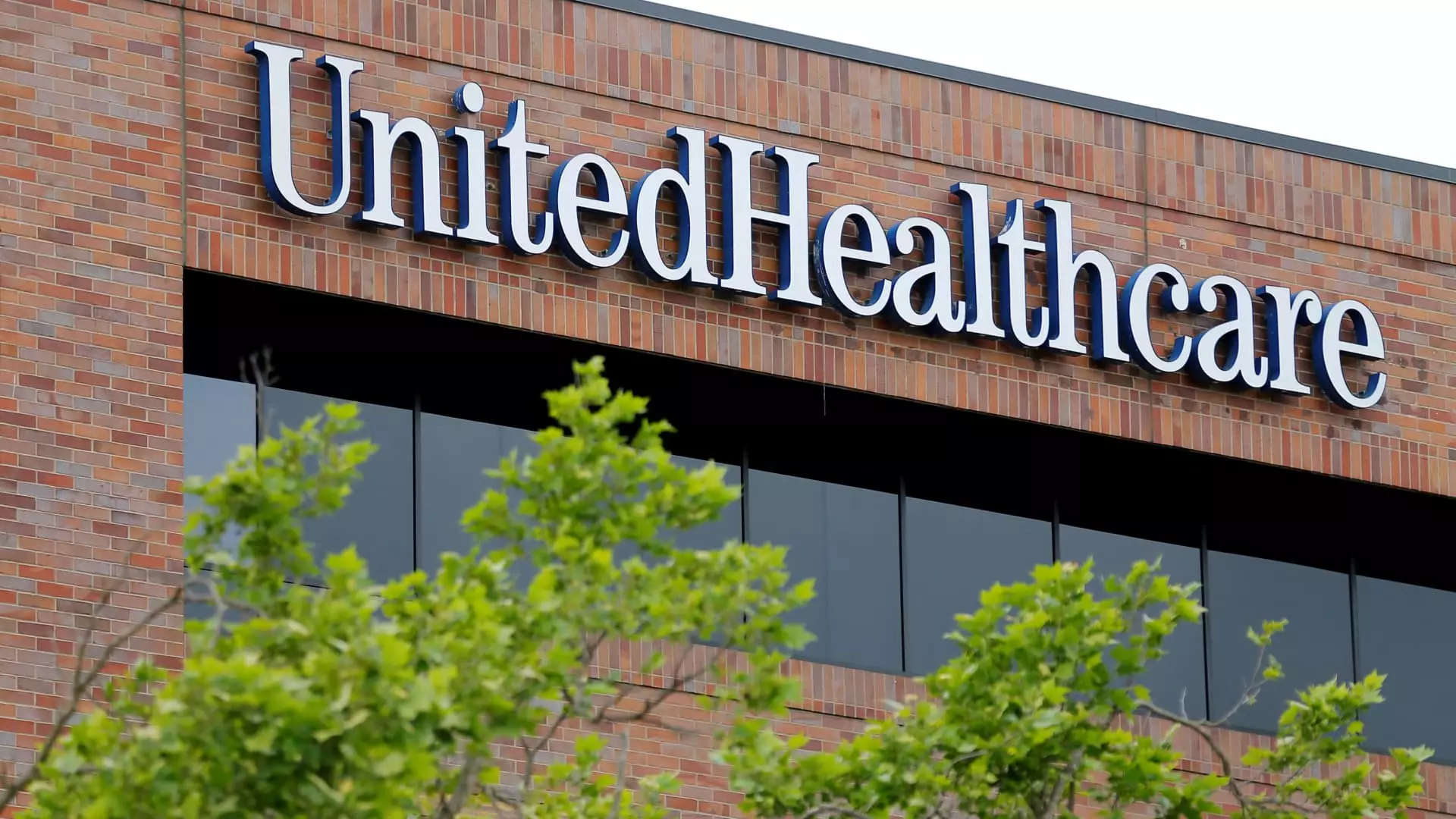The health insurance industry is under significant scrutiny as UnitedHealthcare, the nation’s largest private insurer, finds itself embroiled in multiple controversies. From government investigations into its billing practices to potential layoffs and public disputes with influential investors, UnitedHealthcare’s recent challenges reflect broader issues within the healthcare sector. The repercussions of these events are likely to reverberate throughout the industry and raise critical questions about the practices of large healthcare corporations.
Recent reports indicate that the U.S. Department of Justice (DOJ) has initiated a civil fraud investigation targeting UnitedHealthcare’s billing practices, specifically related to its Medicare Advantage plans. These plans, which are offered by private insurers, allow seniors to access additional benefits beyond traditional Medicare but come at a cost that has sparked heated discussions about pricing and accessibility. The investigation reportedly centers on allegations that UnitedHealthcare engaged in practices promoting inflated diagnoses to secure higher reimbursement rates, particularly within its owned physician groups.
This scrutiny adds pressure to a company already experiencing a significant slump—its stock value has reportedly dropped by approximately 23% over the last three months, exacerbated by the recent announcement of the federal probe. Such significant financial disruption not only impacts investor confidence but may also influence how regulators approach other privately-insured Medicare plans across the industry.
Analysts, while acknowledging the gravity of the situation, suggest that the investigation may be a lengthy process with no immediate financial impact. Yet, the mere existence of these accusations can create a toxic atmosphere for the company, further entrenching skepticism among investors and consumers alike.
In an effort to manage costs amid these challenges, UnitedHealthcare has begun offering buyouts to its employees. Reports suggest that this move may be accompanied by potential layoffs if the voluntary resignations do not meet predetermined quotas. Such strategies often highlight underlying instability within a corporate structure and can severely impact employee morale. Workers may feel uncertain about their job security, which could lead to reduced productivity and engagement.
Additionally, cost-cutting measures due to external pressures—including growing medical costs—might impede the company’s ability to deliver optimal healthcare services, further straining relationships with both employees and customers. It will be crucial for UnitedHealthcare to navigate these internal challenges effectively, ensuring that its workforce remains engaged and motivated, especially in the face of external scrutiny.
Adding to the turmoil is the public quarrel between UnitedHealthcare and billionaire investor Bill Ackman. His vocal criticisms of the company, particularly concerning allegations of medical malpractice and unethical denial of care, exacerbate the company’s already tarnished public image. By pledging to cover the legal fees of a Texas doctor claiming mistreatment by UnitedHealthcare, Ackman has positioned himself as a whistleblower in the healthcare debate—further amplifying the call for accountability within the sector.
UnitedHealthcare’s subsequent attempt to challenge Ackman’s statements highlights a critical aspect of this situation: the clash between corporate power and the voice of the public. Such public relations challenges can have lasting repercussions. In a time when consumers are increasingly concerned about healthcare accessibility and quality, any doubt cast on the integrity of a company can lead to a long-term decline in trust and support.
The Broader Context: Cybersecurity and the Healthcare Sector
UnitedHealthcare’s challenges are compounded by a costly cyberattack on its subsidiary, Change Healthcare, which affected the protected health information of nearly 190 million individuals. This incident not only incurs significant financial costs—reportedly exceeding $3 billion—but also raises concerns regarding patient privacy and data security in an increasingly digital landscape. As healthcare organizations continue to adopt technology to streamline operations, the risk of cyber threats looms large, necessitating robust cybersecurity measures to protect sensitive information.
The combination of these various pressures reveals a complicated picture of an industry grappling with internal and external uncertainties. UnitedHealthcare’s ability to mitigate these challenges—whether through enhanced regulatory compliance, improved employee relations, or greater transparency with the public—will determine its capacity to restore confidence among stakeholders and continue its operation as a leading force in the healthcare marketplace.
The storm surrounding UnitedHealthcare serves as a microcosm of the broader challenges facing the healthcare industry. As investigations unfold and internal transformations occur, all eyes will be on the company’s next moves to rebuild trust and navigate these tumultuous waters.

